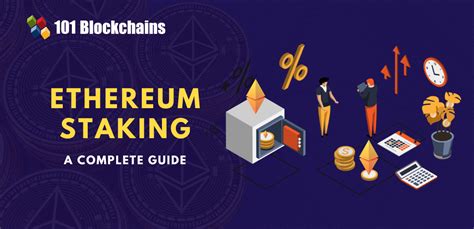Ethereum: Does delegate calling to a non-payable function result into a revert?
Ethereum: Does the delegated call to an unpaid function bring a return?
Delegates’ call for non -paid features can be a difficult topic of Ethereum, and understanding the consequences is essential for the creation of safe and reliable smart contracts. In this article, we will go into delegate calls on non -paid features and look at whether they can be returned.
What is the return?
Ethereum returns when the function or execution of the operation returns an error message indicating a failure or unexpected condition. This can happen for a variety of reasons, such as invalid entrances, out of range value or incorrect logic.
Delegate Ringing Insensible Functions
When you delegate the call to the non -paid feature in the smart contract, it is important to understand the consequences of doing so. An unpaid function is one that cannot be called from the contract outside the contract and must always return automatically without the ability to pay or compensate.
Problem with non -paid features
When you delegate the call to the non -paid feature, the following questions arise:
1
No return value : A function that is not paid does not give up any value, which means that it is impossible to recover from the error.
- Insolvable errors : Even if the error is not paid, it will be irrecoverable due to the lack of return value.
3
No error processing : Agreement cannot determine or process errors that may not be paid, which can lead to unexpected behavior or emergencies.
Calling the delegates to the non -paid function creates a return?
Yes, calling delegates to the non -paid function can cause return. If the error occurs in a non -payable function, it will be distributed in the call chain until it reaches the contract function “Call” or other contracts that may recover from the error.
For example, consider the scenario where you have a “party (byte [] calldata call)” and want to delegate the call to the non -payable function “Non -Adjustable Function”.
`SOLIDITY
Pragma Solidity ^0.8.0;
A contract that is not paid for the function {
Function MyFunction () Social Pay Return (Bool) {
// Simulate error: 2^32 – 1> 1 is not true
Bool success = false;
if (success) {
return success;
} else {
return ();
}
}
}
`
In this example, the function “Batter” will delegate the call to “free of charge”. If the error occurs in the “irreconcilable Function”, the contract will lift and throw the reverse error.
Risk Reducing
While a delegate that calls non -payable features can lead to a return, there are ways to reduce this risk:
1
Use the functions you pay : If possible, use the functions that return values or have some kind of success test.
- Insert error processing : Develop a contract to process errors and recover from them using “Restore” notifications or other error processing mechanisms.
3
Use Checking" andNeed notifications

: They can be used to make the entrance to the entry before the function of execution, eliminating the errors caused by invalid inputs.
In conclusion, the delegate Ethereum can lead to a return by calling for non -payable functions due to a lack of return value or recovery from errors. However, by understanding the consequences of this behavior and introducing error processing mechanisms, you can reduce this risk and build stronger smart contracts.

Leave a Reply
Want to join the discussion?Feel free to contribute!